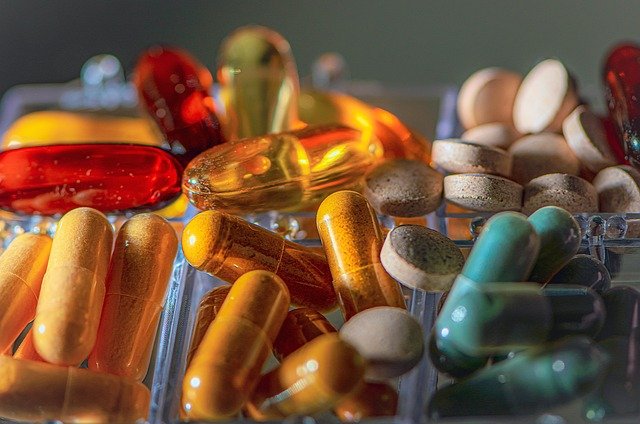The Intricate Relationship between B-Vitamins and Athletic Performance
Every athlete, whether professional or amateur, understands the crucial role nutrition plays in their performance. Nutrition not only fuels the body but also supports recovery and reduces the risk of injury. While macronutrients like proteins, carbohydrates, and fats often take the limelight in sports nutrition, the role of micronutrients, especially vitamins, should not be overlooked. Among these micronutrients, B-vitamins hold a special place. They play a significant role in energy production and muscle repair, contributing to an athlete's overall performance. This article delves into the intricacies of the relationship between B-vitamins and athletic performance, offering a unique perspective on this niche topic.

A Historical Perspective: B-Vitamins and Sports Nutrition
The connection between B-vitamins and athletic performance can be traced back to the early 20th century, when the science of nutrition was still in its infancy. Vitamins themselves were only discovered in the early 1900s, with the B-vitamins being identified and isolated over the following decades. Early studies on these vitamins focused on their role in preventing deficiency diseases. However, as our understanding of nutrition evolved, the focus shifted towards optimizing health and performance.
In the 1940s and 1950s, researchers began to investigate the role of B-vitamins in energy metabolism, realizing that these nutrients were essential for converting carbohydrates and fats into usable energy. Around the same time, the importance of nutrition in sports performance was becoming increasingly recognized. These concurrent developments set the stage for decades of research exploring the role of B-vitamins in athletic performance.
The Role of B-Vitamins in Athletic Performance
B-vitamins play a crucial role in several metabolic processes related to physical performance. They are involved in the breakdown and utilization of proteins, carbohydrates, and fats, which are the primary sources of energy during physical activity. They also play a role in red blood cell production, which is essential for oxygen transport to the muscles, and in the repair and growth of muscle tissue.
Specifically, vitamin B1 (thiamine) and B2 (riboflavin) are involved in energy production, while vitamin B3 (niacin) has been linked to improved endurance. Vitamin B6 (pyridoxine) assists in the metabolism of proteins and glycogen, and vitamin B12 (cobalamin) supports healthy nerve function and red blood cell production. Furthermore, B-vitamins contribute to immune function, which can be compromised in athletes due to intense training.
B-Vitamins and the Modern Athlete
Today, many athletes are keenly aware of the influence of nutrition on their performance and recovery. B-vitamins have become a significant part of sports nutrition, with many athletes turning to supplements to ensure they are getting adequate amounts. However, it is worth noting that while B-vitamin supplementation can be beneficial, especially for athletes following a vegetarian or vegan diet who may struggle to get enough from their diet, it’s possible to have too much of a good thing. Excessive intake of certain B-vitamins can lead to adverse effects, emphasizing the importance of balance and moderation.
The current trend towards personalized nutrition in sports also holds implications for B-vitamin intake. As research advances, we’re beginning to understand that individual differences in genetic makeup can influence nutrient needs. This knowledge may eventually allow for more personalized recommendations for B-vitamin intake among athletes.
A Balanced View: B-Vitamins and Athletic Performance
While the importance of B-vitamins in sports performance is well established, it’s crucial to maintain a balanced perspective. B-vitamins are just one piece of the larger nutrition puzzle. They must work in concert with other nutrients to support optimal performance. Moreover, while B-vitamin supplements can be beneficial, they should not replace a balanced, varied diet. Many foods rich in B-vitamins also provide other essential nutrients and contribute to overall dietary quality.
Furthermore, while research on B-vitamins and athletic performance has provided valuable insights, there are still many unanswered questions. Future research should continue to explore this complex relationship, considering factors such as the influence of individual differences in metabolism, the optimal timing of B-vitamin intake, and the potential interactions between B-vitamins and other nutrients.
In conclusion, B-vitamins play a vital role in supporting athletic performance, contributing to energy production, muscle repair, and overall health. As our understanding of sports nutrition evolves, we will undoubtedly continue to uncover new insights into the intricate relationship between these essential nutrients and athletic performance.




